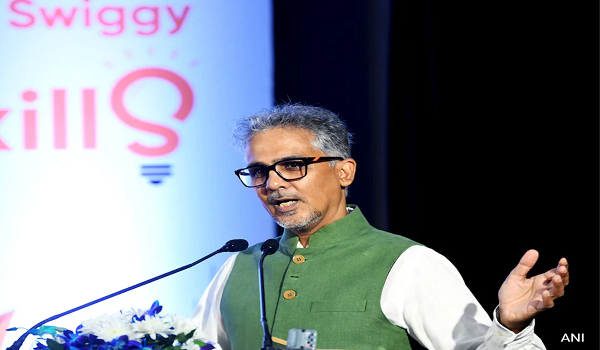Rohit Kapoor, CEO of Swiggy Food and Marketplace, has sparked important discussions around the harmful effects of hustle culture, particularly its toll on employees’ health and well-being. Speaking at an event in Bengaluru, Kapoor challenged the glorification of excessive work hours and late-night grind, pointing out that this often comes at the cost of personal relationships and mental health.
Kapoor’s remarks come at a crucial time when workplace stress and burnout are under the spotlight, following multiple reports of deaths linked to work pressure. He criticized the narrative of overworking, highlighting the disconnect between public perceptions of hustle culture and the reality of how late workers begin their day. Kapoor candidly stated, “Wo jo 3 baje raat ko baithte hain na wo ye nahin batate ki wo 1 baje dopahar ko office aate hain” (People who talk about working till 3 in the night do not mention that they come to office at 1 in the afternoon).
While Kapoor acknowledged that there are times when extra hours may be necessary, he firmly stated that it should not become a norm or badge of honour. He stressed on the importance of prioritizing relationships with family, friends, and loved ones, advocating for a healthier approach to work-life integration.
His perspective, bolstered by his extensive leadership experience across top firms like McKinsey & Company, Max India Limited, and OYO, has resonated widely. Social media users praised Kapoor for speaking out against a culture that often leads to burnout. His stance stands in contrast to the advice of Infosys founder N.R. Narayana Murthy, who recently suggested a 70-hour workweek, sparking further debate on the issue.
As corporate leaders increasingly recognize the need for sustainable work practices, Kapoor’s comments add weight to the growing movement towards signifying employee well-being. This conversation is critical in redefining how success and productivity are viewed in today’s fast-paced work environment. The conversation surrounding hustle culture is far from over, but voices like Kapoor’s signal a shift towards healthier, more balanced professional lives.


